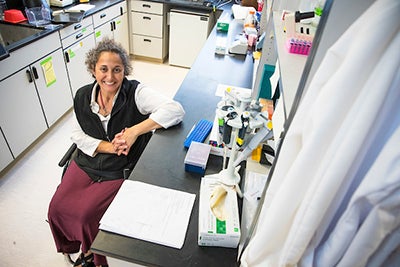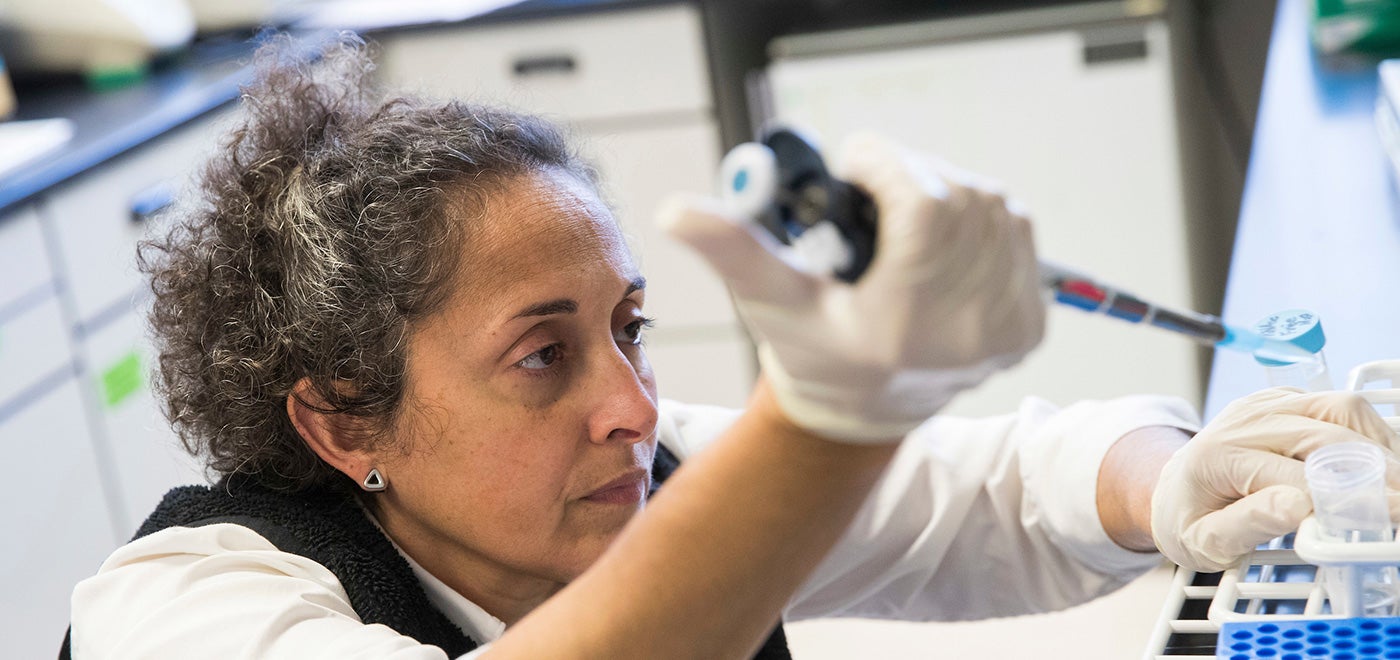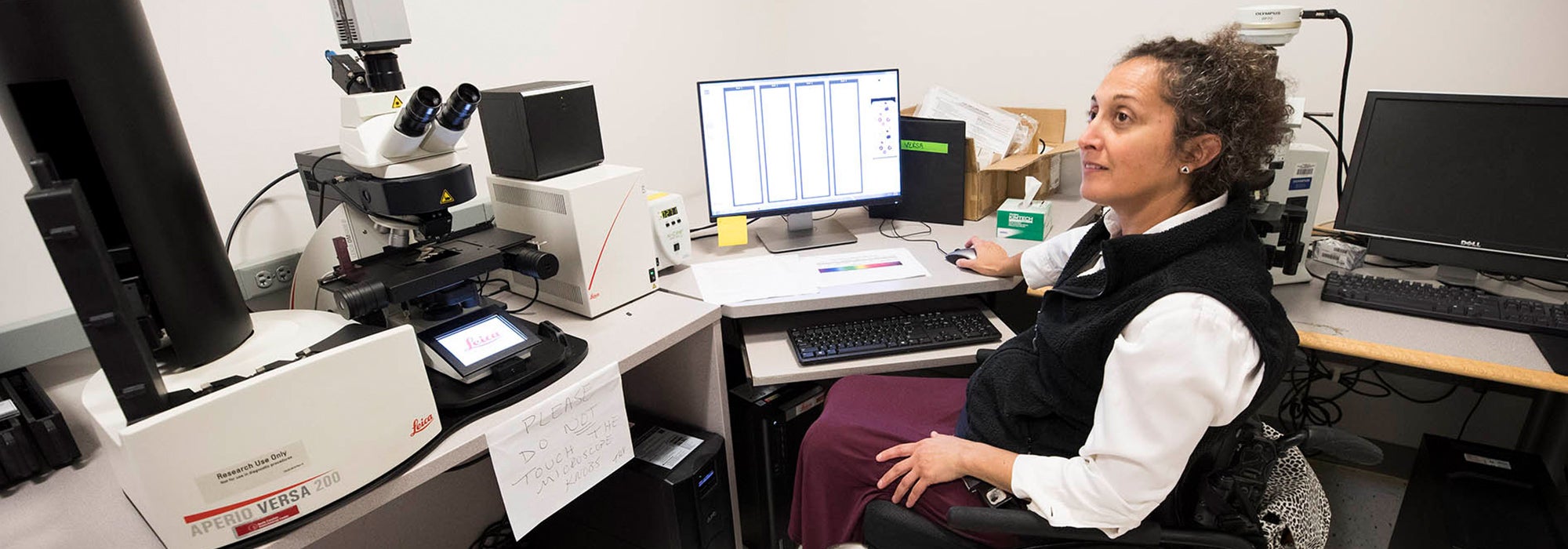ECU WINS NATIONAL COMPETITION
ECU researcher wins national competition searching for best innovations in science, medicine
In a nationwide contest searching for the “best innovations in science and medicine” – out of a field of more than 64 prestigious institutions, including Harvard, Stanford, Yale and MIT – pioneering heart disease research by East Carolina University’s Dr. Jitka Virag reigned supreme.
Virag’s research into a protein’s ability to repair the heart before and during heart attacks defeated research into facial interpretation diagnostics of genetic syndromes by the Children’s National Health System at George Washington University in the final round of the 2018 Stat Madness tournament.
More than 372,000 votes were cast in this year’s tournament, which is hosted by the Boston Globe Media-produced national publication STAT.
“It’s overwhelming,” said Virag, an associate professor in the Department of Physiology at ECU’s Brody School of Medicine. “How much support that was behind this, there aren’t words to describe that. There’s no way that I’ll be able to thank every person who voted for me. To think about how big that is… it’s crazy.”

Dr. Virag in her lab at the Brody School of Medicine.
Virag’s research could one day change the protocol for treating heart attacks, leading to a significantly higher survival rate and improved quality of life for patients.
“Heart disease is a major public health problem, especially heart attacks. One in seven deaths annually are due to heart attacks, which occur at a rate of one every 40 seconds,” Virag said. “I am studying how we can repair heart attacks using a protein that is already in a healthy heart. In our experimental models, we have found that injured cells lose their expression of this protein and adding it back into the injured heart greatly reduces the damage.”
Heart disease and heart attacks cause cells to die due to a lack of oxygen, leading to tissue damage and loss of function. Traditional treatment often includes reperfusion therapy – the use of drugs and sometimes surgery to restore blood flow through or around blocked arteries. Virag and a team of ECU researchers have found that adding the EphrinA1-Fc protein as an adjunct to reperfusion therapy not only preserves the integrity of heart muscle cells, it might also possibly reverse tissue damage in cardiovascular disease.
“We originally thought that this protein would enhance the speed and extent of revascularization of the heart and that would prevent the injury from being so dramatic, but we found that that is not exactly the case. It’s actually protecting the heart cells themselves from injury,” Virag said. “We don’t know exactly how this happens yet, but we’re working on some exciting new lines of evidence.”
While the winner of STAT Madness does not win a trophy or a substantial amount of prize money, Virag said being part of such a high-profile competition could have significant tangible benefits.
“I’ve known for a long time that this works in the model that we’ve been using it in. So to be able to get more people interested and more financial support to push the whole scientific part of it forward, if we can do that faster, then it’s just that much better for the people who need it,” she said. “But there’s so much cool stuff going on (at ECU) and there are so many people doing really great work. So to have us all highlighted together, that’s exciting.”
Virag attributed much of her win to the determination of the ECU community.
“This was something that this community wanted. Everybody got behind it and they pushed it because they wanted to see us win so that people would recognize this area and see what we have to offer here,” she said. “You can’t beat that kind of drive.”

Dr. Virag is researching how a protein could help repair cells damaged by heart disease and heart attacks.
